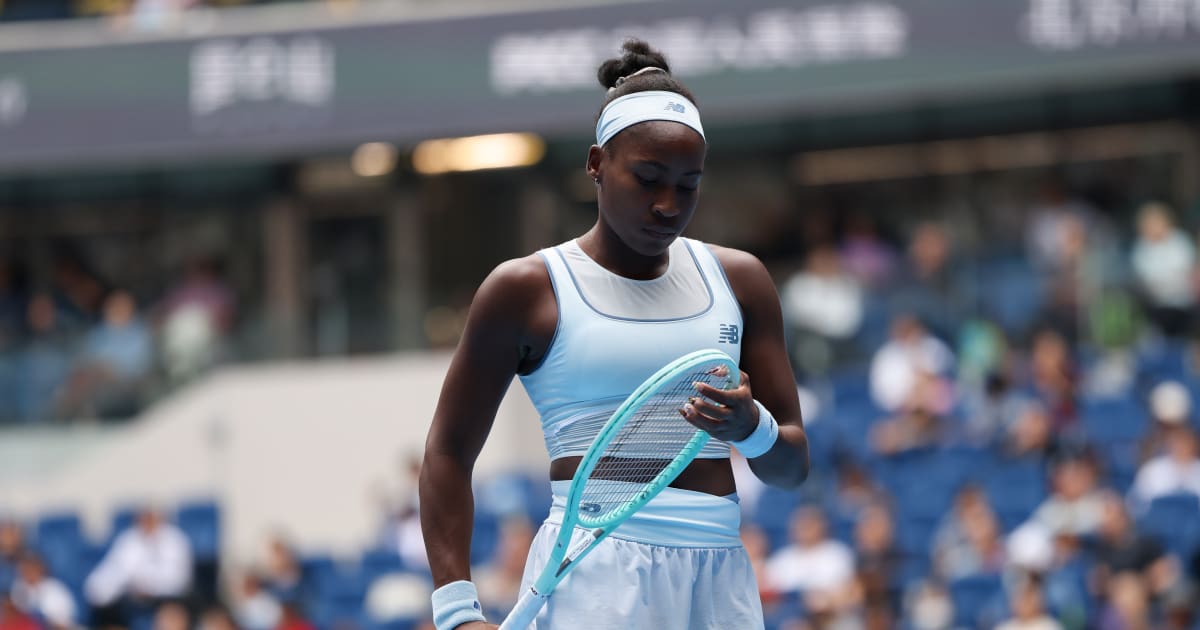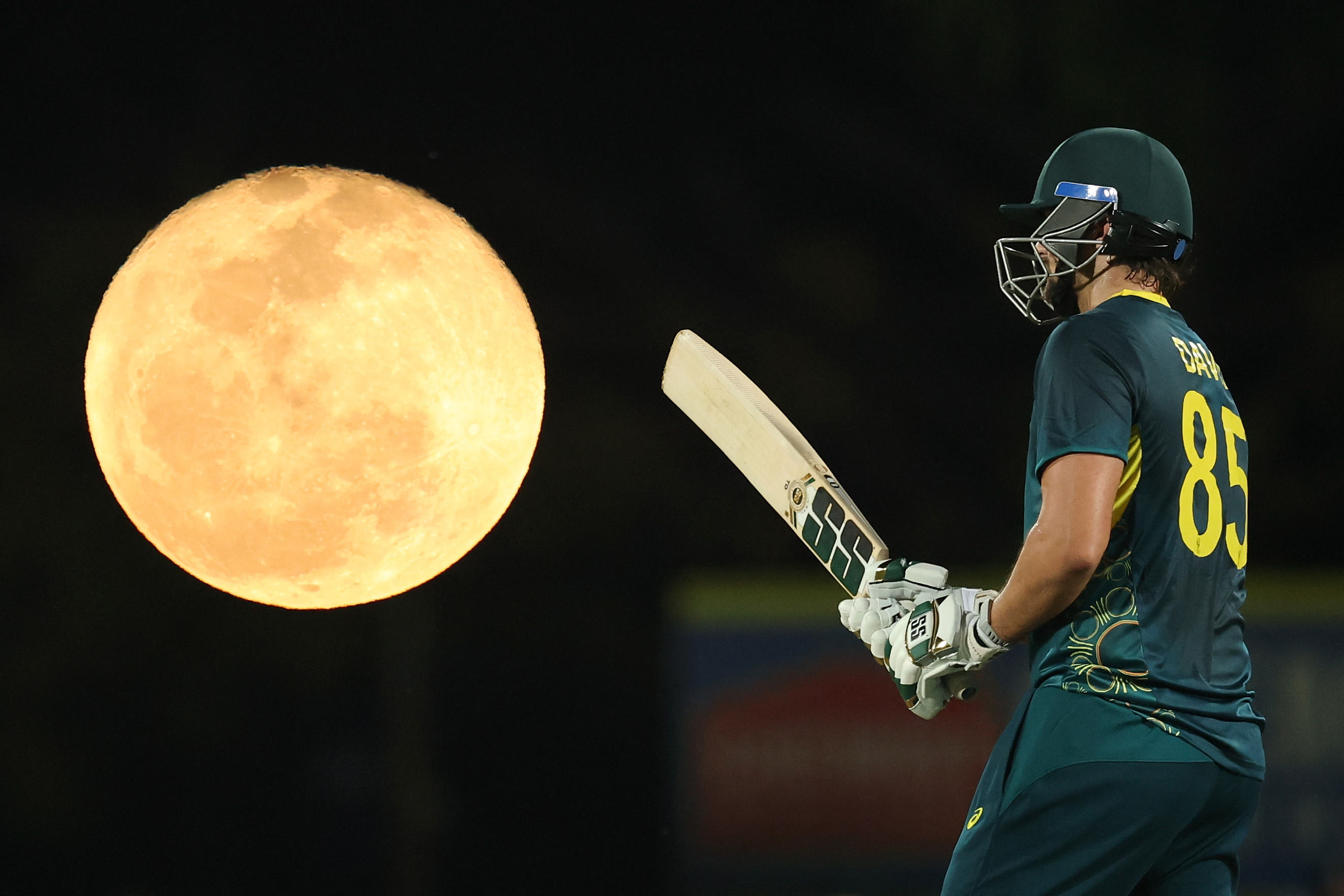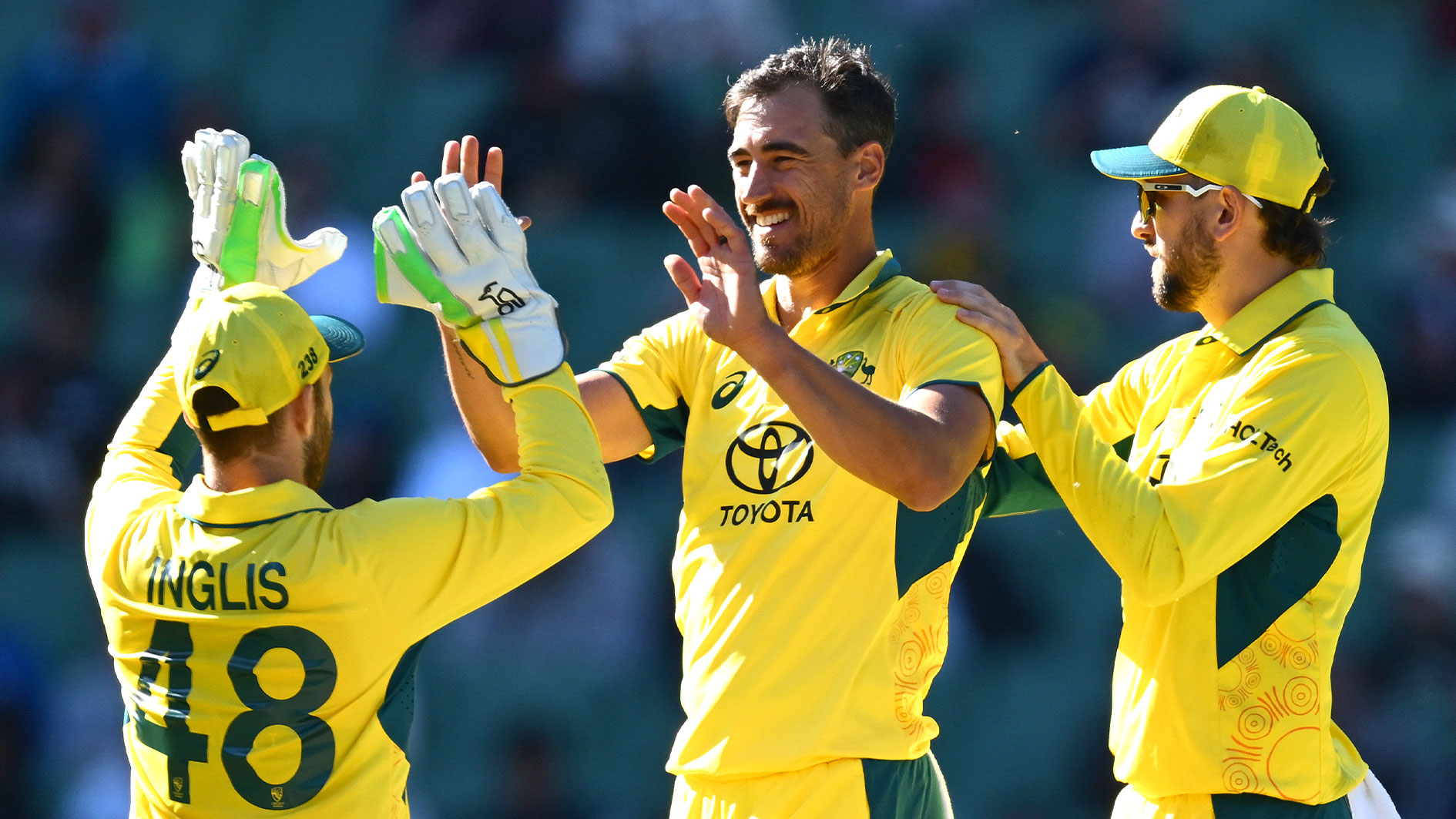Russell Martin’s 123 days at Rangers: Confusing tactics, culture clashes, and a 29 per cent win rate

At half-time in Bruges, Rangers were a man and five goals down. A Champions League play-off tie in late August against Club Brugge had turned into a flogging, yet Russell Martin had done little to stem the bleeding after Max Aarons was sent off inside eight minutes.Nico Raskin, the Belgium international who has broken into Rudi Garcia’s midfield alongside Kevin De Bruyne this season, told the manager as much. He had been left out of the team and, sensing Rangers were on track for the club’s worst-ever result, questioned the plan.Martin attempted to assert his authority by bombing Raskin out of the squad altogether. He missed the 0-0 draw with Celtic and the 2-0 home defeat by Hearts as he was made to train away from the first team for a period.Raskin is a spiky character who has asked questions of previous managerial teams at Ibrox, but he is also the club’s best player, biggest asset, and a fan favourite. Rather than deal with it internally and sort it out quickly, the rift became public and dragged on for weeks. The stand-off created a manager-vs-player battle Martin could never win. He said the player had to earn the trust back of his team-mates, but Martin had repeatedly slated the mentality of those same players in public, saying some had to “drop their egos” after just one league game.It meant he was fighting on multiple fronts in a war he was already losing. It was the moment many believe his troubled tenure became doomed. In many ways, the dispute and how he mishandled it was symptomatic of why his time in charge lasted just 123 days.The naivety, the lack of introspection, the culture clash and the unwise language: they all coalesced to make Martin the worst appointment in Rangers’ history. He was the shortest-serving manager in 153 years and the least successful one, with just five wins from 17 games — one a 4-2 home victory over League One side Alloa Athletic — equating to a win rate of just 29 per cent.That Martin limped on until October was a surprise given Raskin’s Old Firm snub happened on the final day of August. On Sunday evening, he was finally put out of his misery after another dismal performance in a 1-1 draw against newly promoted Falkirk.Unable to access the team bus for fears over his safety with the ultras group Union Bears using themselves as a human barrier to prevent it from leaving, it was a brutal end to an appointment that was dead on arrival.It is four and a half years since Steven Gerrard, basking in the glory of crushing Celtic’s 10-in-a-row bid by guiding Rangers to an unbeaten title, told the Ibrox board to “fix the roof while the sun is still shining”.Instead of cementing their own period of dominance, Rangers have regressed. Celtic have marched halfway back to another nine in a row. Meanwhile, only once in the last five seasons has a Rangers manager who started the season made it past the November international break.The summer takeover by a US investment vehicle comprised of Andrew Cavenagh and 49ers Enterprises — the majority shareholders at Leeds United — was supposed to be the cultural reset that would dispel a prolonged period of instability.Martin and his possession-obsessed style of play was to be the template for Rangers wrestling back the whip hand in Glasgow. He promised aggressive, dominant football and, after seven interviews, chief executive Patrick Stewart and sporting director Kevin Thelwell appointed him. Carlo Ancelotti’s son, Davide, who assisted him at Real Madrid, missed out and instead took over at Botafogo.Martin failing at Rangers was not a surprise to many fans. Surface-level knowledge of his probing style of play and idealist mindset was enough to conclude the pressure cooker of Ibrox made this a marriage that needed with a prenup.Culturally, Martin was the antithesis of successful Rangers managers. It is a rare club in the modern age: the support is largely unimpressed by notions of pure football. They want trophies and whichever methods deliver the most silverware will do.Some warned that Martin is a chequebook manager without the chequebook, which is why his record at MK Dons, Swansea City and Southampton saw him lose as many as he won. He needs ultra-specific profiles to play his style of high-risk build-up, and those sort of players typically cost a lot.He may have had the excuse of Southampton not having the budget or players to compete in the Premier League last season, but the budget at Rangers this season is bigger than any Old Firm manager has been given in two decades.He and Thelwell oversaw a net spend of around £20million ($27m) in the summer window — a colossal sum in the context of Scottish football, in which Rangers’ wage bill is 10 times as big as those of Aberdeen, Hearts and Hibernian. In gross terms, the outlay was closer to £40m.It was imperative Martin found a way to win while implementing his style. Rangers conceded 104 shots in their first five games in all competitions. It was thanks only to the heroics of goalkeeper Jack Butland that they survived two away drubbings against Panathinaikos and Viktoria Plzen in Champions League qualifying.The alarm bells were ringing, but the concerns stemmed less from the concession of chances and more that the promised attractive passing game was not materialising. The players frequently looked confused and unsure of their roles.The ball was passed aimlessly across the back line for an age and it often felt as if Rangers forgot there was a goal at the other end of the pitch. Invariably, when they did try to play forward, the setup of the team left massive gaps for the opposition to burst through. Martin admitted there would be “pain”, but assured fans with the line that he “knows what his team looks like once it starts working”.The issue is that there was nothing to cling to tactically or emotionally. Only the first halves in the 3-0 home victory against Plzen and the 2-0 League Cup quarter-final win over Hibernian provided any hints to what it was Martin was trying to achieve. Those two games aside, there was no sign of a coherent style forming.In the fourth league game, against Celtic, Martin veered far from his ideals to be far more direct. For someone so wedded to his philosophy, it looked like a desperate act of survival. As soon as Rangers reverted to his attempted style they looked chaotic. It was only when chasing games late on, when controlled possession went out the window, that Rangers played with any urgency.What accelerated Martin’s demise was how disliked he became as an individual. He was not a popular choice, but he knew that and still chose not to take some easy wins. By being the first manager not to keep the tradition of wearing suit and tie on the sidelines, he created another avenue for criticism. His reasoning? He sweats too much. It does not take a PR genius to figure that citing perspiration issues could be construed as a sign that you are floundering.It was the outright refusal to take any responsibility for the abject performances that grated most. Martin cited ‘anxiety’ in his players, brought on by a restless crowd. A lack of willingness to run at some points and a lack of care at other times. He repeatedly assured anyone who would listen that the goals they were conceding were not tactical issues; they were about the mentality of his players.As the poor results mounted, Martin seemed to console himself with the narrative that he was not liked for who he was rather than what he was doing. His mum was concerned for his wellbeing because of the social media abuse he received and, at one point, he even asked the photographers why they always took shots of him looking sad.The problem is the fans could see through the bluster and saw his excuses as a denial of reality. It was a chastening experience, which eventually affected his usually polished, confident media persona.At a post-match press conference, a fan media channel told Martin his team looked like they had not been coached. There were posters of the manager with his face crossed out within six weeks. Tennis balls were thrown on to the pitch in protest. His decision to take the squad cold-weather swimming in Loch Lomond was a normal team-building exercise but, organised just days before the derby, it became a comedic one well. A 94th minute winner against Livingston, his only league win, was greeted not with cheers but venomous chants of “Martin, get to f*ck”.On a human level, it was impossible not to feel sympathy for Martin as cameras captured him standing in the car park awaiting an escape route from the baying mob. It was the inevitable end to a personal and often vicious campaign to oust a manager.Those outside Scotland may be tempted to observe the toxicity of it all and deem Martin a victim of the permanent bubble of hyperbole in which the Old Firm exist. It is extreme and it is unforgiving, yes, but this was not a team that just needed more time. This was a clock so broken it would not even have been right twice a day.In allowing this debacle to unfold, Rangers’ new owners have ceded much of the goodwill they inherited. In one fell swoop the new ownership has lost its first life. You don’t get nine at Rangers. If they were not aware of that, they are now.(Top photo: Ian MacNicol/Getty Images)













